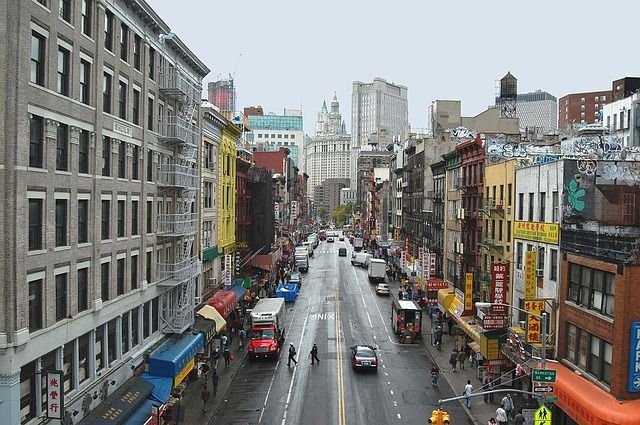
Tencent, China's second largest technology firm only behind the notorious Alibaba, has bought a 5% stake in Tesla, for around 1.7 billion USD. Tencent's most noteworthy product/service is WeChat, the dominant chat app in China. They have been known as prolific investors, holding a stake in Snap Inc., as well as a 13.84% share of Kakao Talk, which is the leading messanging app in South Korea.
Acquisitions like these make clear strategic sense, given Tencent's involvement in the Telecom space. Collaboration between the world's most popular messaging applications is a strength to the scalability of WeChat to markets abroad. However, the Tesla acquisition is one of a different breed. The benefits that Tesla can provide to Tencent involve an entirely seperate sector: the automobile industry.
Tencent's portfolio includes Nio, formerly known as NextEv which is a Chinese car manufacturer entering the self-driving, electric car space. Another relevant investment is the significant stake they have in the wildly popular taxi hailing app, Didi Chuxing. Didi recently bought out Uber China, and also has some small investments in Uber's competitor in the U.S., Lyft.
Tencent has been making these investments as power plays in order to stay at the forefront of technological advancements. Specifically, they have branched out from a primarily telecom business, to having a hand in the autonomous car space. It seems to be a strategic partnership, as Tesla gains further access to the Chinese market through this relationship. Tencent appears to be preparing itself for the upcoming technological revolution in the automobile industry.
With Didi Chuxing, they have the services sector under control, as they have effectively ousted Uber from China. With stakes in Tesla, as well as other electric/autonomous vehicle manufacturer Nio, Tencent is on the cutting edge of emerging technologies in the space. Tencent is much like Alibaba, in that they are the last line of Chinese innovators between fully monopolized sectors.
In the case of Alibaba, their main competition is Amazon. Uber was once seen as having an irreplaceable model, much like Amazon. However, as the race for the first autonomous vehicle picks up, more and more weaknesses are being revealed in Uber's business.
People gonna be shocked when they finally realize that SZ is far more powerful than SF.
Yes they are! Especially because people aren't used to seeing Silicon Valley fall behind in innovation. When huge super firms run the show and eat up every business before they can mature, innovation is stifled.
The Chinese system of economic management is better than that which is prevalent in the rest of the world. Where do you live? I will visit Shenzhen soonish for one of my sojourns there.
Few people inside or outside of China really grasp the sophistication of the tech being made in China these days. I'm very happy to read your article plainly stating reality as it is, not as Washington wishes it was.
I'm also very interested in how their systems are different. I am from San Jose, California right in Silicon Valley. It seems in the U.S. technology advances faster than ethics or regulations can keep up, leading to a messed up balance of power. I'd love to hear about some of the differences! It seems you know a good amount about the China's management. Always interested in hearing more opinions about the subject, I'll give you a follow.